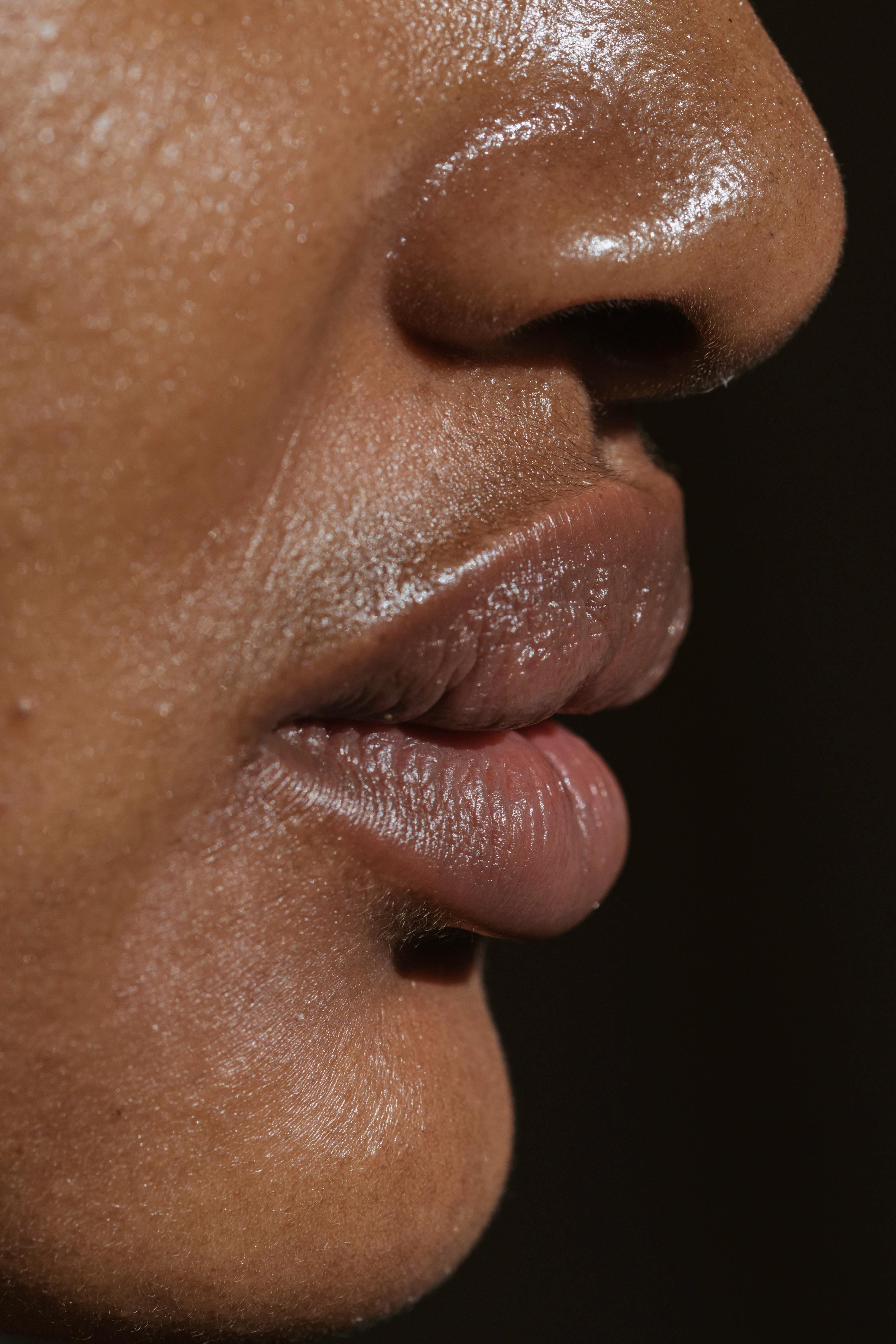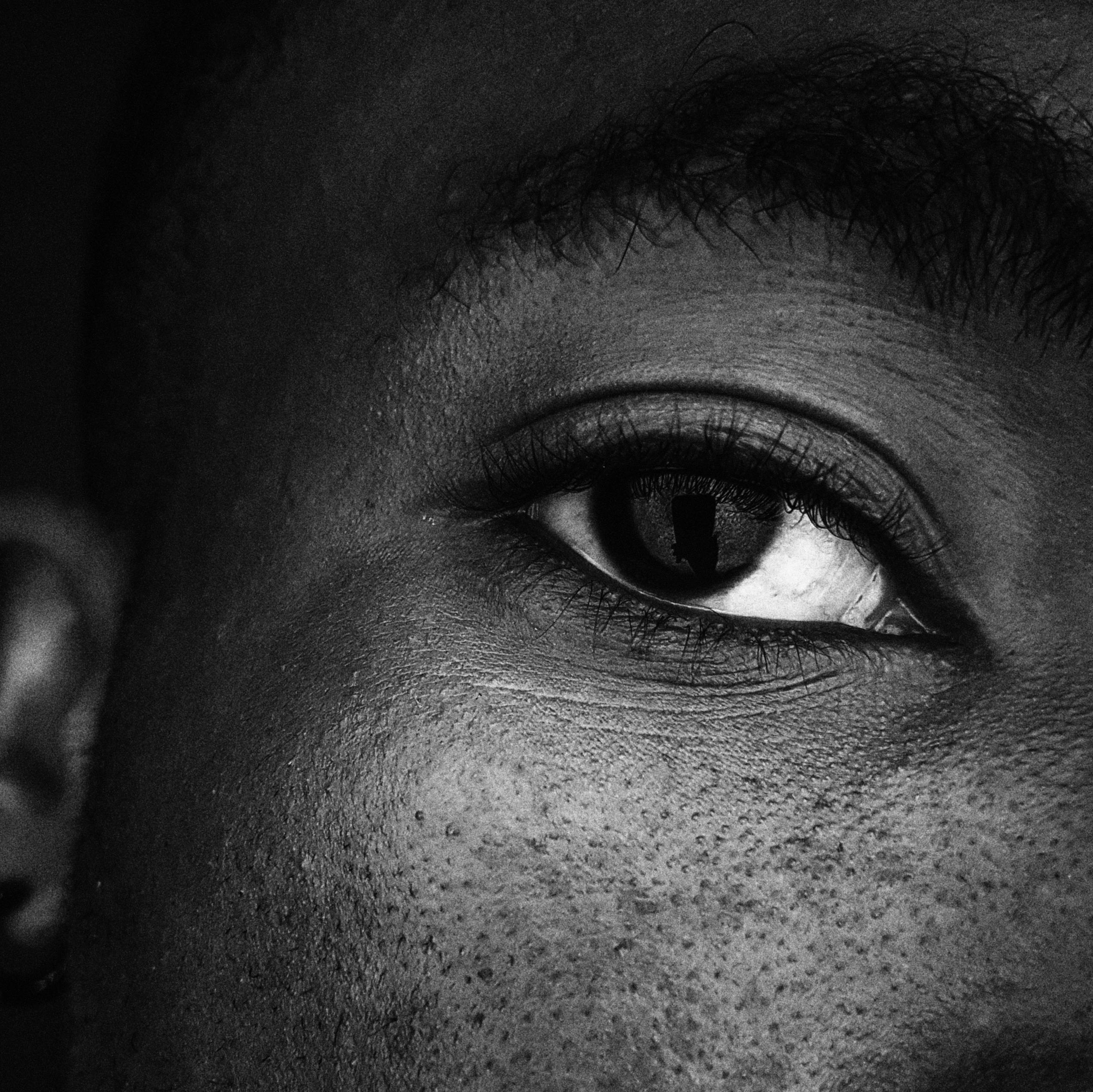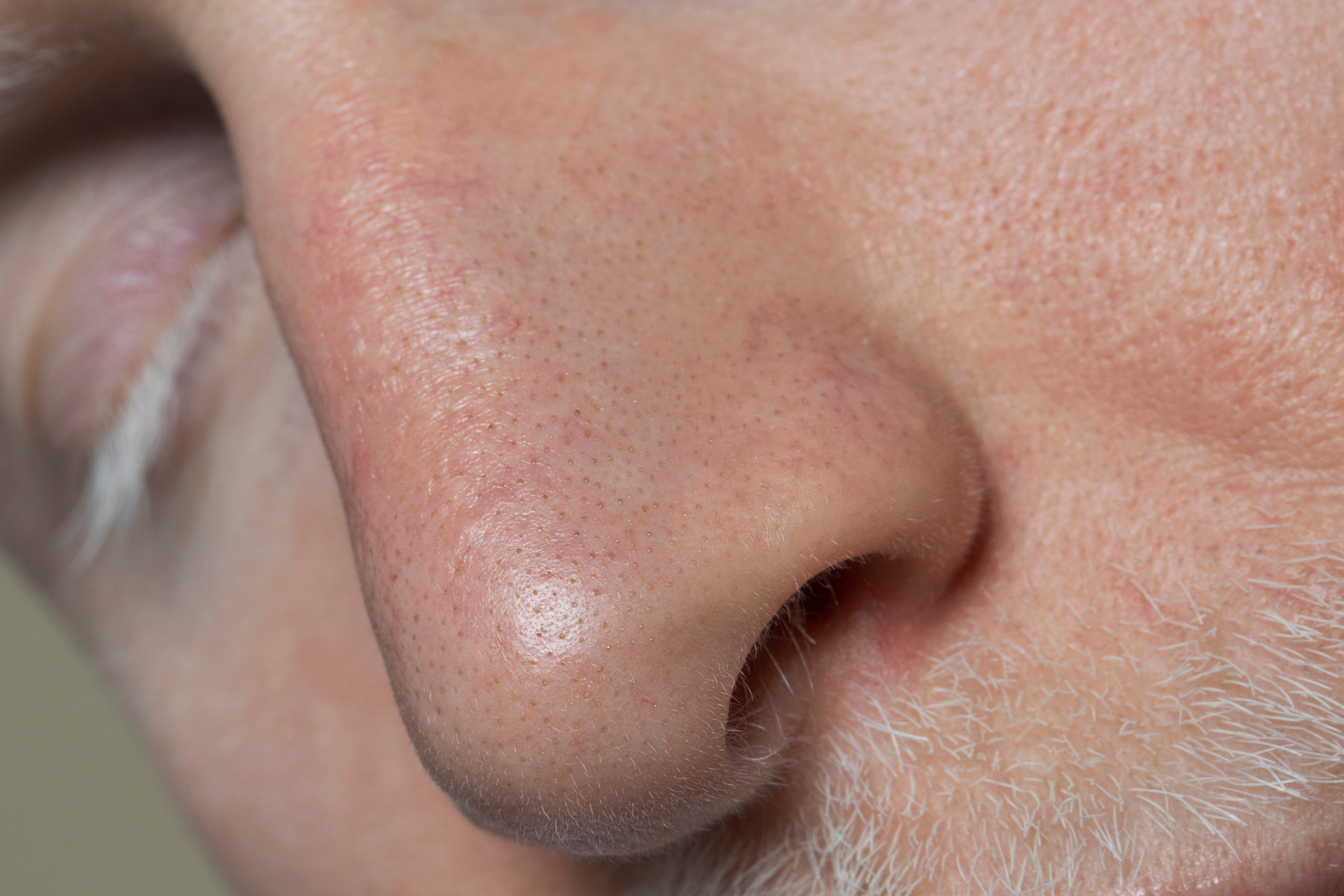Understanding and Treating Oily Skin: Useful Tips and Recommendations

Dealing with oily skin can be a persistent challenge. However, with the right knowledge and skincare routine, you can manage it effectively. This expert guide will help you understand oily skin, its causes, and the best treatments. We explore why some people have oilier skin, the impact of genetics and environment, and how diet influences skin health. We'll also look at skincare products and practices to control excess oil, reduce shine, and prevent acne and clogged pores. Whether you're seeking daily routines, specialised treatments, or lifestyle changes, this guide aims to provide all the information you need for balanced, healthy skin.
What is Oily Skin?

Oily skin occurs when the sebaceous glands in the skin produce too much sebum, a natural oil that protects and hydrates the skin. While sebum is crucial for keeping your skin healthy, an excess can lead to oily skin, clogged pores, and acne.
Characteristics and Symptoms of Oily Skin
Oily skin is characterized by:
- A shiny or greasy appearance
- Large, visible pores
- Frequent acne breakouts
- Blackheads and whiteheads
- Thick or rough texture
What are the Causes of Oily Skin?
Oily skin can be frustrating to manage, but understanding its root causes can help in finding effective solutions. Several factors can contribute to the development of oily skin:
Genetics
If your parents have an oily skin, you're more likely to inherit this skin type. Genetics play a significant role in determining how much oil, or sebum, your skin produces. If oily skin runs in your family, it's likely that you may experience it too.
Hormonal Changes
Hormones, particularly androgens, can significantly increase sebum production. This is why oily skin is commonly observed during periods of hormonal fluctuations such as puberty, pregnancy, and menopause. Androgens are male hormones present in both men and women, and when these levels rise, the oil glands produce more sebum.
Weather
The weather can also impact your skin's oil production. Hot and humid conditions can stimulate the sebaceous glands to produce more oil, making your skin appear shinier and feel greasier. Conversely, cold weather can cause the skin to become dry, prompting the sebaceous glands to compensate by producing more oil.
Incorrect Skincare Products
Using skincare products that don't suit your skin type can exacerbate oiliness. For instance, heavy creams and lotions can clog pores and increase oiliness, while harsh cleansers can strip the skin of its natural oils, causing it to produce even more oil as a compensatory mechanism. It's crucial to choose products specifically designed for oily skin to maintain a balanced complexion.
Diet

Best Products and Skincare Ingredients for Oily Skin
Dealing with oily skin can be a challenge, but the right products and ingredients can make a significant difference. Understanding which components can help control and balance oil production is essential for maintaining a healthy complexion. Below are some of the best ingredients to incorporate into your skincare routine if you have oily skin.
Salicylic Acid

Salicylic acid is a beta hydroxy acid (BHA) that helps to exfoliate the skin by dissolving dead skin cells and unclogging pores. This action reduces blackheads and prevents future breakouts, making it an excellent choice for those with acne-prone skin.
Niacinamide

Niacinamide, also known as vitamin B3, is a versatile ingredient that reduces sebum production and improves skin texture. It helps to minimize the appearance of pores, reduce inflammation, and even out skin tone, making it beneficial for various skin types.
Clay Masks

Clay masks, such as those containing bentonite or kaolin, absorb excess oil and detoxify the skin. They draw out impurities, reduce shine, and leave the skin feeling refreshed and clean. Regular use can help maintain a balanced complexion.
Retinol

Retinol, a derivative of vitamin A, is known for its ability to regulate sebum production and help with acne. It promotes cell turnover, unclogs pores, and reduces the appearance of fine lines and wrinkles. Incorporating retinol into your routine can lead to clearer, smoother skin over time. We always recommend to start with a law percentage and build the strength when your skin is is ready.
Dos and Don'ts of Oily Skin
Taking care of oily skin requires a balanced approach to maintain its health and appearance. Here are some key dos and don'ts to help you manage oily skin effectively:
Dos
- Cleanse Twice Daily: Use a gentle cleanser to remove excess oil.
- Moisturise: Opt for oil-free, non-comedogenic moisturisers.
- Use Sunscreen: Choose a matte-finish, oil-free sunscreen.
- Exfoliate Regularly: Use a gentle exfoliant to remove dead skin cells.
- Stay Hydrated: Drink plenty of water to maintain skin hydration.
- Use Clay Masks: Apply clay masks to help absorb excess oil and remove impurities.
Don'ts
- Over-Cleanse: It can strip your skin of natural oils, making it produce more oil.
- Skip Moisturiser: Oily skin still needs hydration.
- Use Harsh Products: Avoid alcohol-based products that can irritate your skin.
- Touch Your Face: Avoid touching your face to prevent transferring oils and bacteria.
- Use Heavy Makeup: Heavy makeup can clog pores and lead to breakouts.
- Ignore Diet: Avoid greasy and sugary foods that can exacerbate oily skin.
- Neglect Sun Protection: Skipping sunscreen can lead to skin damage and increased oil production.
- Over-Exfoliate: Too much exfoliation can irritate the skin and increase oil production.
- Forget to Clean Tools: Dirty makeup brushes and sponges can harbor bacteria, leading to breakouts.
- Sleep with Makeup On: Not properly removing makeup can clog pores and cause oily skin issues.
- Use Hot Water: Hot water can strip your skin of essential oils, leading to more oil production.
Common Myths and Misconceptions about Oily Skin
Oily skin often comes with a myriad of misconceptions and myths that can lead to ineffective skincare routines and further exacerbate skin issues. Understanding the truth behind these common beliefs can help you better manage oily skin and maintain a healthy, balanced complexion. Here are some of the most prevalent myths and the real facts behind them.
- Oily Skin Doesn’t Need Moisturizer
Even oily skin needs hydration. Skipping moisturizer can cause the skin to produce more oil to compensate, increasing oiliness and breakouts. Use oil-free or gel-based moisturizers to keep your skin balanced without extra shine.
- Sun Exposure Will Dry Out Oily Skin
Sun exposure might temporarily dry out the skin, but it can lead to more oil production as the skin tries to protect itself. Prolonged sun exposure also risks premature aging and skin cancer, so use sunscreen formulated for oily skin.
- Oily Skin Ages Better
While natural oils may delay wrinkles, oily skin is prone to acne and enlarged pores, affecting its overall look and health as you age.
- Washing Your Face Frequently Will Reduce Oiliness
Over-washing can strip natural oils, prompting more oil production. Cleanse twice daily with a gentle cleanser designed for oily skin.
- Makeup Causes Oily Skin
Makeup doesn't cause oily skin, but the wrong types can worsen it. Use non-comedogenic, oil-free, and mattifying products. Always remove makeup thoroughly to prevent clogged pores and breakouts.
- Diet Has No Impact on Oily Skin
Genetics affect skin type, but diet can also influence oil production. Foods high in sugars and fats can worsen oily skin. A balanced diet with fruits, vegetables, and omega-3s can help maintain healthier skin.
- Oily Skin Means You Don’t Have Sensitive Skin
Oily skin can still be sensitive. Many people with oily skin experience irritation from certain products. Choose gentle skincare products formulated for sensitive skin if you experience irritation.
- Only Teenagers Have Oily Skin
Adults can also have oily skin due to hormonal fluctuations, stress, and environmental factors. Tailor your skincare routine to your skin’s current needs regardless of age.
- Oily Skin Doesn’t Get Dehydrated
Oily skin can still can get dehydrated, feeling tight and looking dull. Hydrating products that are light and non-comedogenic can help maintain proper hydration without adding excess oil. Look for lighter consistency products thats contain humectants such as aloe vera, hyaluronic acid, glycerin to name a few.
- You Should Avoid Oil-Based Products
Not all oils are bad for oily skin. Some oils can regulate oil production and provide essential nutrients. Use non-comedogenic oils like jojoba, argan, or rosehip oil. Always patch test new products before adding them to your routine.
When to Seek Professional Help for Oily Skin
If over-the-counter products aren’t alleviating your symptoms or if your oily skin is leading to severe acne, it might be time to consult a dermatologist. A professional can provide personalised treatment options like facials and peels and help you develop a skincare routine tailored to your specific needs, ensuring better long-term results. Don't hesitate to seek expert advice for healthier, clearer skin.
FAQs about Oily Skin
Does oily skin age better?
There is a belief that oily skin ages better due to the extra moisture, but this is not universally proven.
Does oily skin need moisturizer?
Yes, oily skin still requires hydration. Look for for lighter moisturiser that is none cosmogenic. During Summer months hydrating serum containing Hyaluronic acid or B5 might be just enough.
Is normal skin still oily?
Normal skin can become oily due to various factors, like weather or hormonal changes.
Which sunscreen is best for oily skin?
Opt for a matte-finish, chemical, oil-free sunscreen to avoid adding extra shine.
Rejuvenate Your Skin with Tailored Professional Treatments
Managing oily skin need not be a challenge- with a sophisticated and holistic approach, you can attain a balanced, radiant complexion. For bespoke skincare solutions, we invite you to consult with our seasoned professionals, who will craft a regimen meticulously tailored to your skin’s unique needs. Embrace the journey to exceptional wellness with us, where every step is designed to enhance not just your skin, but your overall well-being. Book a consultation today!
- Tags: oily skin
0 comments

